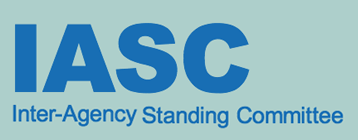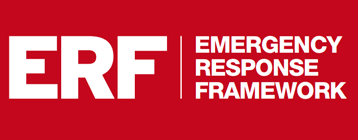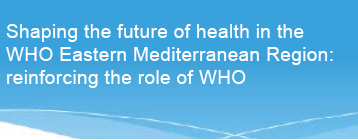Health on the front lines: emergency response and priorities in the Eastern Mediterranean Region
Health emergencies biweekly bulletin
Health emergencies quarterly bulletin
2024
Fourth quarter: October to December 2024
Third quarter: July to September 2024
Second quarter: April to June 2024
First quarter: January to March 2024
2023
Third quarter: September to July 2023
Fourth quarter: October to December 2023

WHO’s work in emergencies is directed by a number of guiding documents. The Inter-Agency Standing Committee (IASC) Transformative Agenda provides a set of concrete actions to transform the way in which the humanitarian community responds to emergencies, focusing on improving the timeliness and effectiveness of the collective response through stronger leadership, more effective coordination structures, and improved accountability for performance and to affected people.

WHO’s Emergency Response Framework (ERF) defines “WHO’s commitment, roles, and responsibilities in emergency response, so that the Organization acts with urgency, predictability, and efficiency to optimize effectiveness”. The ERF categorizes WHO’s response into a number of critical functions, including: leadership and coordination; technical expertise; information and communications; and core services, such as human resources, programme management, procurement and logistics, and security.

On a regional level, the area of emergencies is one of five priority areas defined in the Regional Director’s vision paper “Shaping the Future of Health in the Eastern Mediterranean Region”. The paper highlights the roles and commitments of both WHO and Member States in preparing for and responding to emergencies.
A number of global and regional resolutions also guide WHO’s work in emergencies. The most significant of which are the 2014 Regional Committee Resolution EM/RC61/R.1, that reinforces WHO’s commitment to Member States in responding to emergencies, and the 2015 World Health Assembly Decision WHA68(10), that emphasizes WHO’s role as an organization with the culture, systems and resources to lead the response to outbreaks and other health emergencies through reforms.









